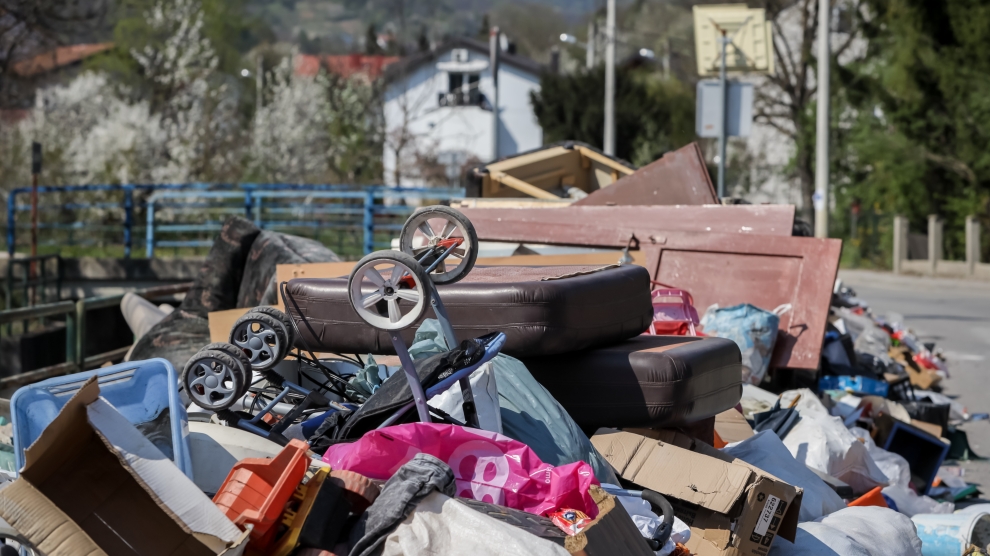The World Bank has agreed to provide technical assistance to support Croatia transform its solid waste management system. The technical assistance will help incorporate circular economy approaches into Croatia’s post-2022 National Waste Management Plan (NWMP) in line with European Union (EU) directives and the Circular Economy Package.
At present, Croatia is lagging on EU waste prevention targets, mainly due to the low technical and financial capacity of municipalities to handle and separate waste collection and improve recycling.
Under the two-year technical assistance programme, the bank will help update the existing National Waste Management Plan, provide diagnostic work and, based on the analysis, recommend how to speed up transformation in line with the EU circular economy action plan.
It will also help engage with key stakeholders, strengthen coordination and generate joint ownership of the new solid waste agenda, and provide capacity building on circular economy.
“In the coming years, it will be challenging to meet the objectives we have before us, meaning that by the end of 2020 we must separate and recycle 50 per cent of paper, metal, plastic and glass,” says Croatian Minister of Economy and Sustainable Development Tomislav Ćorić. “We must also take action to meet even more demanding goals, such as, increasing waste separation and recycling to 65 per cent and reducing waste disposal to 10 per cent by 2035. During the last three years, the ministry, in cooperation with local self-government units, counties and the Environmental Protection and Energy Efficiency Fund, has been actively carrying out activities to provide the necessary infrastructure for establishing an efficient waste management system at local and regional levels with tangible results. This agreement represents a step forward in the transformation to a circular economy that will contribute to the creation of a new and more modern framework for the National Waste Management Plan.”
“Turning waste into a resource is the essence of a circular economy,” says World Bank Country Manager for Croatia said Elisabetta Capannelli. “If we re-manufacture, reuse and recycle, and if one industry’s waste becomes another’s raw material, we can move to a more circular economy where waste is minimized and resources are used in an efficient and sustainable way. By improving waste management, Croatia can reduce health and environmental problems, reduce greenhouse gas emissions and avoid negative impacts at the local level, such as landscape deterioration due to landfilling and water and air pollution. The World Bank looks forward to supporting the Croatian authorities and working with key stakeholders towards a cleaner and more sustainable Croatia.”
—
Unlike many news and information platforms, Emerging Europe is free to read, and always will be. There is no paywall here. We are independent, not affiliated with nor representing any political party or business organisation. We want the very best for emerging Europe, nothing more, nothing less. Your support will help us continue to spread the word about this amazing region.
You can contribute here. Thank you.


